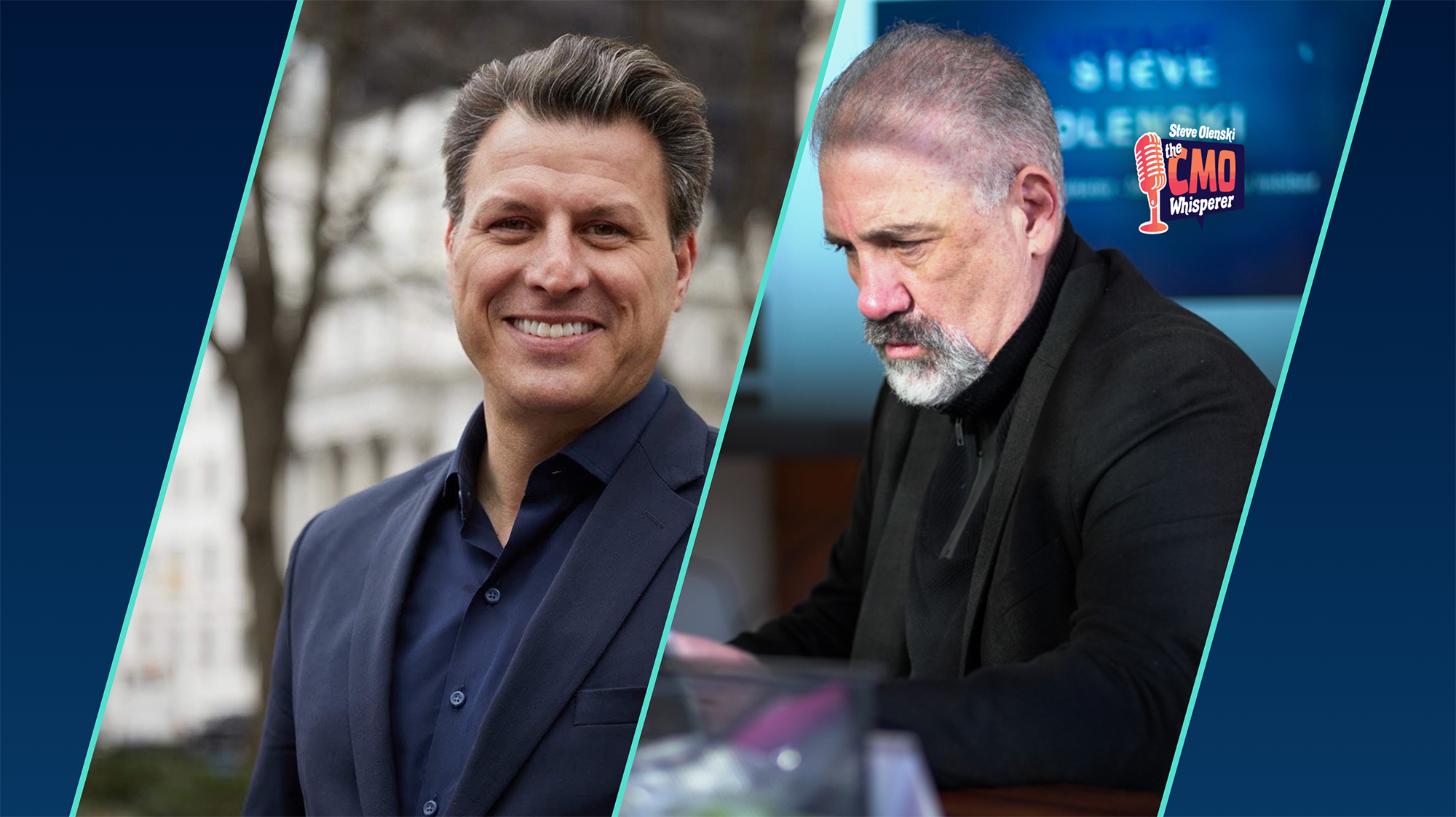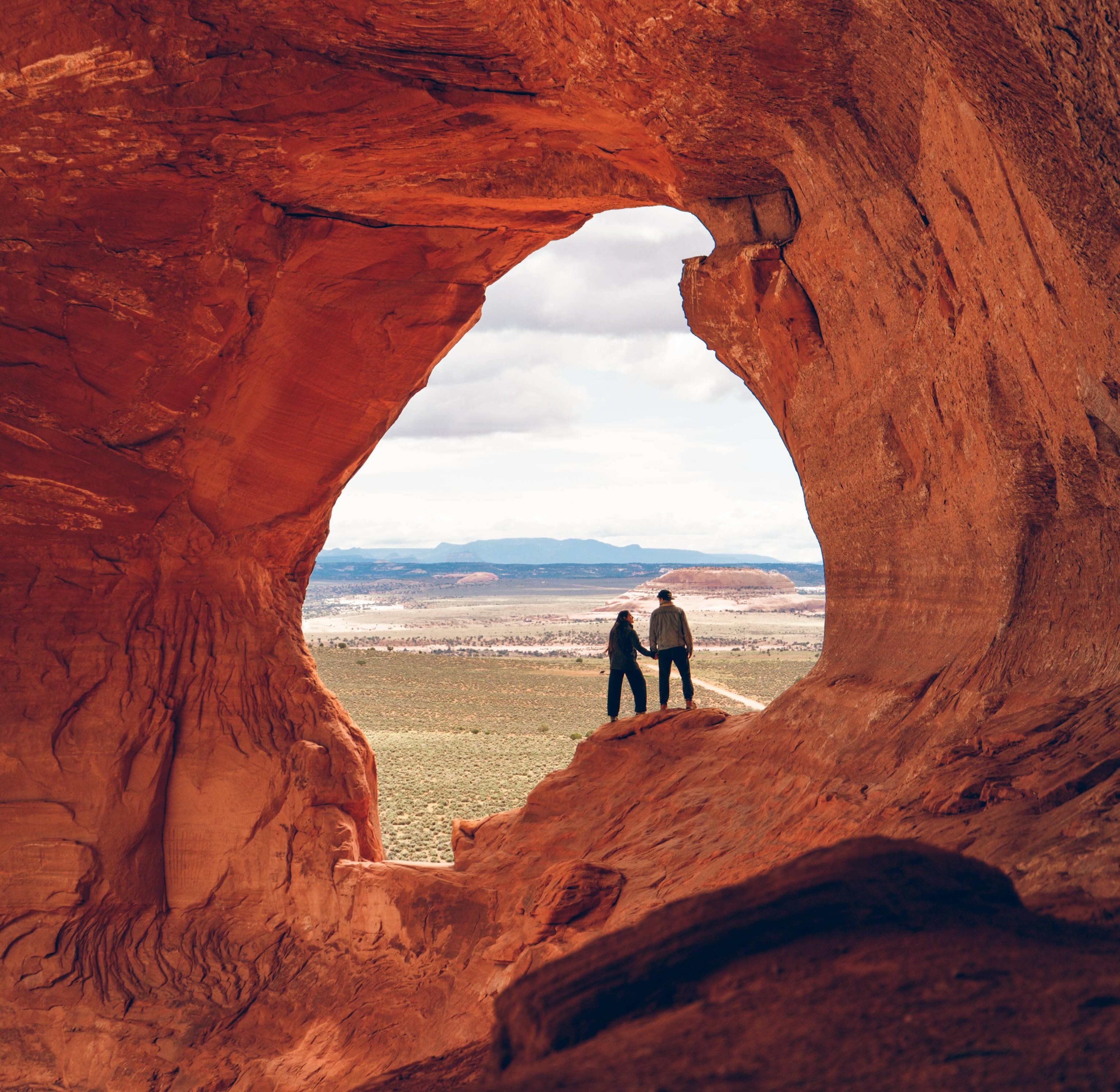Taking Back Talent
Synopsis
I have an interesting relationship with praise. From an early age, I found joy in productivity, and ultimately this resulted in encouraging remarks from teachers, family members, and other authority figures about my work ethic—about my talent. As I look back on some of those moments now, I'm struck by the fact that while I can't recall the exact reasons or accomplishments that elicited these comments in the first place, how I felt continues to be unforgettable. External validation ultimately clouded over what I had tangibly created or done, and what remained instead, was the motivation to replicate that euphoric feeling given to me by someone else.
As a young adult, the digital landscape further propelled my overachieving tendencies, which allowed me to dive headfirst into entrepreneurship at the tender age of twenty. For a while, I operated under the premise that talent was synonymous with output. Even when creating with care, quantity and scale were the cultural markers that indicated success, and even more frighteningly, self-worth. Thanks to the advent of the internet, talent became eclipsed by something more formulaic. And creating in an age predicated on pace—and arbitrary performance—began to change our values system on a profound level. These ideas aren't unique to my experiences but are part of a broader generational framework that makes cultivating talent more of an act than an art. We all yearn to be accepted, but as a digital creator, I've been thinking about what happens when this collective acceptance comes at the cost of individual authenticity.
“For a while, I operated under the premise that talent was synonymous with output."

It's easy to become engrossed in the virtual comings and goings of our peers and idols, who have tapped into a form of voyeurism to appeal to those looking to access portraits of modern "achievement." But now that we are collectively experiencing a period of isolation, it begs the question: What happens when the indulgences that shaped these highly-curated narratives have suddenly been taken away? What do creators have left?
Time. (And it's up to us to spend it wisely.)
The curtain is closing on the social media showboating that has forced so many creators to be left waiting in the wings. As audiences become more connected, the demand for intrinsic passion over social posts will set a new (and necessary) stage for the global creator community. In this time of uncertainty, the silver lining is that we've been given the time to take back the reigns and redefine the standards of creativity.

These days, I find myself posting less and creating more beyond the confines of a screen. The act of putting pen to (physical) paper or making a mood board has allowed me to come back to my body. I feel my hands tire as I push pins into the dense wall of my cork bulletin board. My breath quickens as I rush to scribble down an inspiring thought on a blank page. The time that I've spent making and refining has replaced the time I used to spend posting and waiting to be acknowledged by others.
What I have learned in this period of reflection is that no amount of outside affirmation can amount to the untapped possibility that is present within us individually. Because talent isn't ours for the taking—it's been inside each of us all along. We just have to find the creative courage to harness it to its fullest and purest potential.

Three Ways to Take Back Talent As we all work to recalibrate our definition of talent, here are a few things for creators to think about when taking back and owning their areas of expertise.
Prioritize the Process: In the context of digital creation, process can often get lost as we try to keep up with a rapidly changing landscape. If we prioritize finding and sustaining a creative process, this can lead to a systemic change in how content created and storytelling is approached both personally and professionally. And in turn, this will provide creators with more opportunities to leverage their talents across the board.
Champion Quality Versus Quantity: Slowing down through the lens of storytelling and content is something I explore in my own work. If we genuinely want to champion talent, the pace at which we expect creators to produce must change in a more sustainable and thoughtful direction. Setting realistic expectations for output will provide more time and resources for creators to truly tap into their talents and make more thoughtful work.
Create an Appetite for Different Narratives: While it is essential to consider cultural trends, it is also up to creators to set or challenge them. Creators have the unique opportunity to use their skillsets to inspire other ways of looking at traditional narratives that currently dominate their industry. Spearheading new conversations will ultimately enable creators to explore their talents in unexpected ways.
Rachel Schwartzmann is the Founder of The Style Line, LLC which operates a website, agency, and podcast. The through-line in her company’s work is rooted in championing slow and thoughtful storytelling. Rachel has been featured on esteemed platforms, including Forbes, Mashable, and Refinery29.











